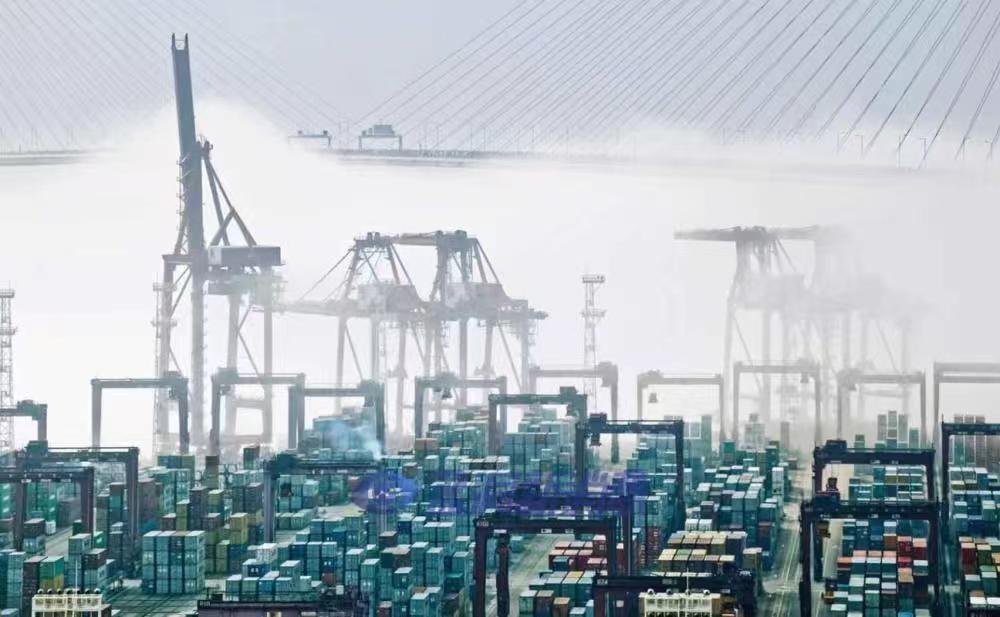Hong Kong may lift the ban on the trans-exporting of e-cigarettes by land and sea to boost growth, the cost for ecig shipments will cut down.
On 18th Oct, China’s Hong Kong Special Administrative Region may lift a ban on trans-exporting e-cigarettes and other heated tobacco products by land and sea by the end of this year to boost growth.
But an economist warned on Monday that the move would damage the credibility of the relevant authorities if Hong Kong reneges on its pledge to curb tobacco use and weaken its promotion of public health.
A government insider said that given the considerable value of trans-exports, senior officials are considering relaxing the ban on trans-exporting alternative smoking products from Hong Kong in transit.
“The original intention of the amendment was to prevent the trans-export of products back to Hong Kong in other ways. The new move would overturn the tobacco control regime.”
Under the city’s current law, amended last year and in late April, no one is allowed to import, sell or manufacture alternative smoking products such as e-cigarettes, heated tobacco products, and herbal cigarettes.
Violators face fines of up to HK$50,000 (US$6,370) and up to six months in jail, but consumers are still allowed to use e-cigarette products.
The legislation also prohibits smoking products shipped by truck or ship from transiting Hong Kong for shipment to overseas, except for air transshipment cargo and transit cargo left on an aircraft or ship.
Before the ban, Hong Kong was the leading transshipment point for China’s e-cigarette products.
Last December, a report by the China Electronic Chamber of Commerce found that 95% of the world’s e-cigarette products are manufactured on the mainland China, and more than 90% are exported for about 138.3 billion yuan ($19.23 billion).
The government agency is reportedly considering a rule change by the end of this year that is expected to bring billions of dollars a year into government coffers.
The Hong Kong Freight Forwarders and Logistics Association said in September that restrictions on the transshipment of e-cigarettes in Hong Kong have also led to a decrease in outbound air cargo.
According to a survey of the association’s members, the affected e-cigarette shipments are estimated at 330,000 tons per year, a loss of about 10% of Hong Kong’s annual airfreight exports.
The association said that the value of trans-export cargo affected by the ban is estimated at more than $120 billion.
The group’s chairman, Lau Ho Yin, also warned that the ban had shaken Hong Kong’s position as a regional transshipment hub and dealt a massive blow to people’s livelihoods.
Legislator Frankie Yee, who represented the city’s transportation department and lobbied for easing the ban, said amendments to the law could include allowing the trans-export of e-cigarette products by sea and air as there is now a logistics system in place to prevent ecig products from slipping into the city.
“The Airport Authority operates a logistics park in Dongguan as a joint checkpoint for cargo shipments. It will cast a huge safety net to block it,” he said. “When the cargo arrives at the Hong Kong airport, the transit cargo will be loaded onto planes for trans-export.”
“The government is concerned about the risk of e-cigarette products flowing into the community. This new security system can now close the loophole for product transit, so it’s safe to change the law.”
But Li Xiaobao, an economist and honorary researcher at the China Asia-Pacific Business School, said the SAR government could make a big U-turn with a ban on trans-exporting e-cigarette products by land, which could damage its credibility.
“The SAR government is under increasing fiscal pressure, with poor revenues from stamp duty and land sales. It needs to generate revenue by all means, which is understandable,” he said.
“But a U-turn could undermine the government’s aim of maintaining public health, and the public may think that the government has failed to deliver on its promise to combat tobacco products.”
Financial Secretary Paul Chan expects this year’s budget deficit to exceed HK$100 billion ($12.7 billion), almost twice as much as expected. Revenue from stamp duty and land sales is expected to fall well short of expectations of a Covid-19 and a weak external economic environment.
But Lee said the government should look for long-term solutions to generate revenue, such as diversifying revenue sources, rather than relying on income from land sales. He added that lifting the ban on trans-exporting e-cigarettes would only provide some short-term financial relief for the authority.
“The core problem is the city’s narrow tax base. The government must find some long-term solution to expand revenue sources, or it may need to turn around on many policies,” he said. He said.
The Hong Kong Special Administrative Region of China first proposed a total ban on e-cigarettes in 2015. Still, the proposal was watered down when it decided in 2018 to regulate the industry similarly to traditional tobacco products.
However, after heavy criticism from Hong Kong’s healthcare and education sectors, then-Chief Executive Carrie Lam proposed a total ban on e-cigarettes, heated tobacco products, and herbal cigarettes in her 2018 policy address.


